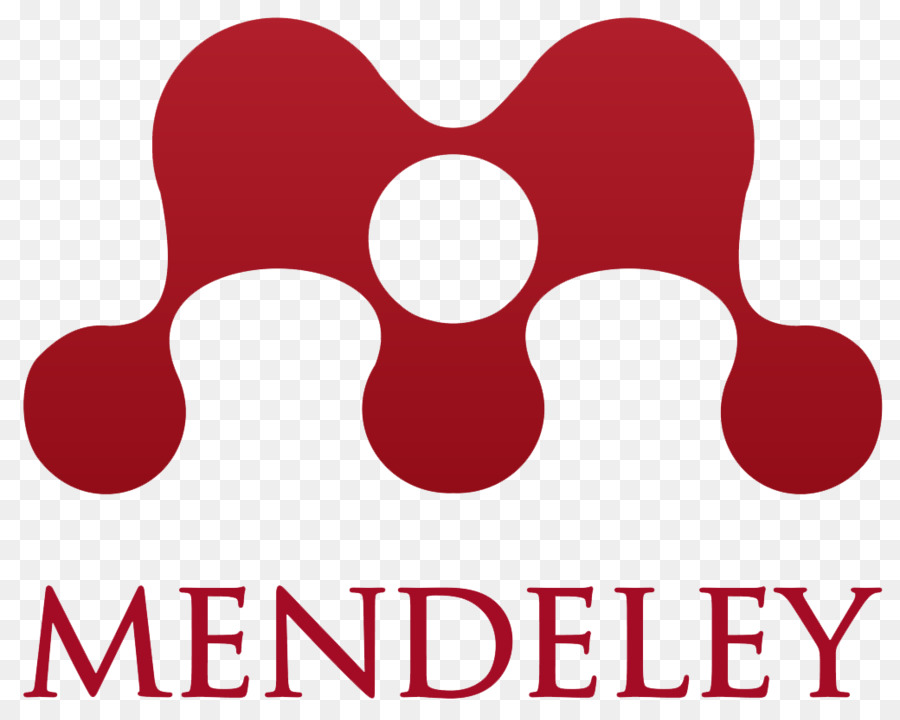THE INFLUENCE OF SKEPTISM, AND TIME PRESSURE ON THE AUDITOR'S ABILITY TO DETECT FRAUD WITH THE AUDITOR'S EXPERIENCE AS A MODERATION VARIABLE
DOI:
https://doi.org/10.59407/jmie.v1i4.1000Abstract
This research analyzes influence skepticism professional , and pressure time to internal auditor capabilities detect fraud with experience as variable moderation . This research uses office auditors accountant public (big four) as subject study with amount sample a total of 240 auditors were determined with using purposive sampling. This research uses primary data, where method data collection is carried out with do spread questionnaire . Statistical methods used For test hypothesis is with using Structural Equation Model (SEM). Research results shows (1) Skepticism influential positive and significant to auditor's ability to detect cheating . (2) Pressure time influential negative to auditor's ability to detect cheating . (3) Experience strengthen in moderate influence skepticism to auditor's ability to detect cheating . and (4) Experience strengthen in moderate influence pressure time to auditor's ability to detect cheating. Currently still lack of study about connection these variables with use the role of the office auditor accountant public big four as subject his research . This research also provides contribution theory with give understanding about How practice skepticism , pressure time can influence Fraud detection by an auditor , especially auditors who work in offices accountant public big four .
Keywords: Skepticism, Pressure Time, Experience, Detect Cheating
References
Abdillah, W., & Hartono, J. (2015). Partial least square (PLS) Alternatif structural equation modeling (SEM) dalam penelitian bisnis. Yogyakarta: Penerbit Andi, 22, 103-150.
Anggriawan, E. F. (2014). Pengaruh pengalaman kerja, skeptisme profesional dan tekanan waktu terhadap kemampuan auditor dalam mendeteksi fraud: Studi empiris pada Kantor Akuntan Publik di DIY. Jurnal Nominal, 3(2), 101–116.
Bazerman, M. H., Loewenstein, G., & Moore, D. A. (2002). Why good accountants do bad audits. Harvard Business Review, 80(11), 96–102.
Baron, R., & Kenny, D. (1986). The Moderator-Mediator Variable Distinction in Social Psychological Research: Conceptual, Strategic, and Statistical Considerations. Journal of Personality and Social Psychology, 51 (6):1173-1182
Beasley, M. S., Carcello, J. V., Hermanson, D. R., & Neal, T. L. (2010). Fraudulent financial reporting: 1998–2007, An analysis of US public companies. COSO.
Carpenter, T., Gaynor, L. M., & Duetschi, C. (2002). The role of experience in professional skepticism, knowledge acquisition, and fraud detection. American Accounting Association, 1–28.
Chong, V. K., & Loy, C. Y. (2015). The effect of a leader’s reputation on budgetary slack. In Advances in Management Accounting (pp. 49-102). Emerald Group Publishing Limited.
Edy, E., Syarifuddin, Syamsuddin. (2020). The effect of professional skeptism, independence, and time pressure on the ability auditors in detect fraud with experience as a moderated variable. Journal of critical reviews, vol 7, issue 19.
Fransisco, Fransiskus, Indri, Pordinan, Rara, Rizqi, Zulmanto, & Umar, H. (2019). Pengaruh kompetensi, independensi dan tekanan waktu terhadap kemampuan auditor mendeteksi kecurangan dengan skeptisme profesional sebagai variabel intervening. Prosiding Seminar Nasional Pakar Ke 2. ISSN (P): 2615–2584.
Fullerton, R., & Durtschi, C. (2004). The effect of professional skepticism on the fraud detection skills of internal auditors. Journal of Utah State University, 14–23.
Ghozali, Imam. (2016). Aplikasi analisis multivariate dengan program IBM SPSS 23. Badan Penerbit Universitas Diponegoro.
Heider, F. (1958). Perceiving the other person. In F. Heider, The psychology of interpersonal relations (pp. 20–58). John Wiley & Sons Inc. https://doi.org/10.1037/10628-002
Irawan, K., Rispantyo, & Astuti, D. (2018). Analisis pengaruh pengalaman audit, beban kerja, skeptisme profesional, dan independensi terhadap kemampuan auditor mendeteksi fraud. Jurnal Akuntansi Dan Sistem Teknologi Informasi, 14, 146–160.
Kumaat, V.G. 2011. Internal Audit. Jakarta: Erlangga
Larasati, D Dan W. Puspitasari. (2019). Pengaruh Pengalaman, Independensi, Skeptisisme Profesional Auditor, Penerapan Etika, Dan Beban Kerja Terhadap Kemampuan Auditor Dalam Mendeteksi Kecurangan. Jurnal Akuntansi Trisakti. ISSN : 2339-0832 (Online) Volume. 6 Nomor: 31-42
Molina, & Wulandari, S. (2018). Pengaruh pengalaman, beban kerja dan tekanan waktu terhadap kemampuan auditor dalam mendeteksi kecurangan. Jurnal Ilmu Akuntansi, 16(2), 43-55.
Muchlis, F., Dkk. (2015). Pengaruh komponen keahlian terhadap kemampuan auditor dalam pendeteksian kecurangan pada auditor BPKP Sumatera Barat. Jom. Fekon, 2(1), 1-16.
Nallareddy, S., & Ogneva, M. (2017). Predicting restatements in macroeconomic indicators using accounting information. The Accounting Review, 92(2), 151–182.
Nasution, H., & Fitriany. (2012). Pengaruh beban kerja, pengalaman audit, dan tipe kepribadian pada skeptisme profesional dan kemampuan auditor mendeteksi kecurangan. Simposium Nasional Akuntansi XV (Banjarmasin).
Public Company Accounting Oversight Board. (2010). Identifying and assessing risks of material misstatement (Auditing Standard No. 12). PCAOB.
Rahayu, S., & Gudono. (2018). Faktor-faktor yang mempengaruhi kemampuan auditor dalam pendeteksian kecurangan: Sebuah riset campuran dengan pendekatan sekuensial eksplanatif. Simpusium Nasional Akuntansi, XIX (Lampung), 1–31.
Rahmawati, & Usman, H. (2014). Pengaruh beban kerja dan pengalaman auditor dalam mendeteksi kecurangan. Jurnal Akuntansi dan Investasi, 15(1), 68–76.
Ranu, G. A. Y. N., & Merawati, L. K. (2017). Kemampuan mendeteksi fraud berdasarkan skeptisme profesional, beban kerja, pengalaman audit dan tipe kepribadian auditor. Jurnal Riset Akuntansi, 7(1), 79–90.
Sari, Y. E., & Helmayunita, N. (2018). Pengaruh beban kerja, pengalaman, dan skeptisme profesional terhadap kemampuan auditor dalam mendeteksi kecurangan (Studi empiris pada BPK RI Perwakilan Propinsi Sumatera Barat). Jurnal WRA, 6, 1174–1192.
Sososutikno, C. (2003). Hubungan tekanan anggaran waktu dengan perilaku disfungsional serta pengaruhnya terhadap kualitas audit. Simposium Nasional Akuntansi VI.
Tuanakotta, T. M. (2010). Akuntansi forensik dan audit investigatif. Salemba Empat.
Tuanakotta, T. M. (2013). Audit berbasis ISA (International Standards on Auditing). Salemba Empat.
Wiguna, F. (2014). Pengaruh skeptisisme profesional dan independensi auditor terhadap pendeteksian kecurangan. Jurnal Ekonomi Dan Bisnis, 2(1), 453.
Yolanda, A. M. W., Kartini, & Pontoh, G. (2021). Determinants of audit quality at public accounting firms. GATR Journal of Finance and Banking Review, 6(3), 134–143.
Yusrianti, H. (2015). Pengaruh pengalaman audit, beban kerja, task specific knowledge terhadap pendeteksian kecurangan laporan keuangan. Jurnal Manajemen Dan Bisnis Sriwijaya, 13(1), 55–72




















